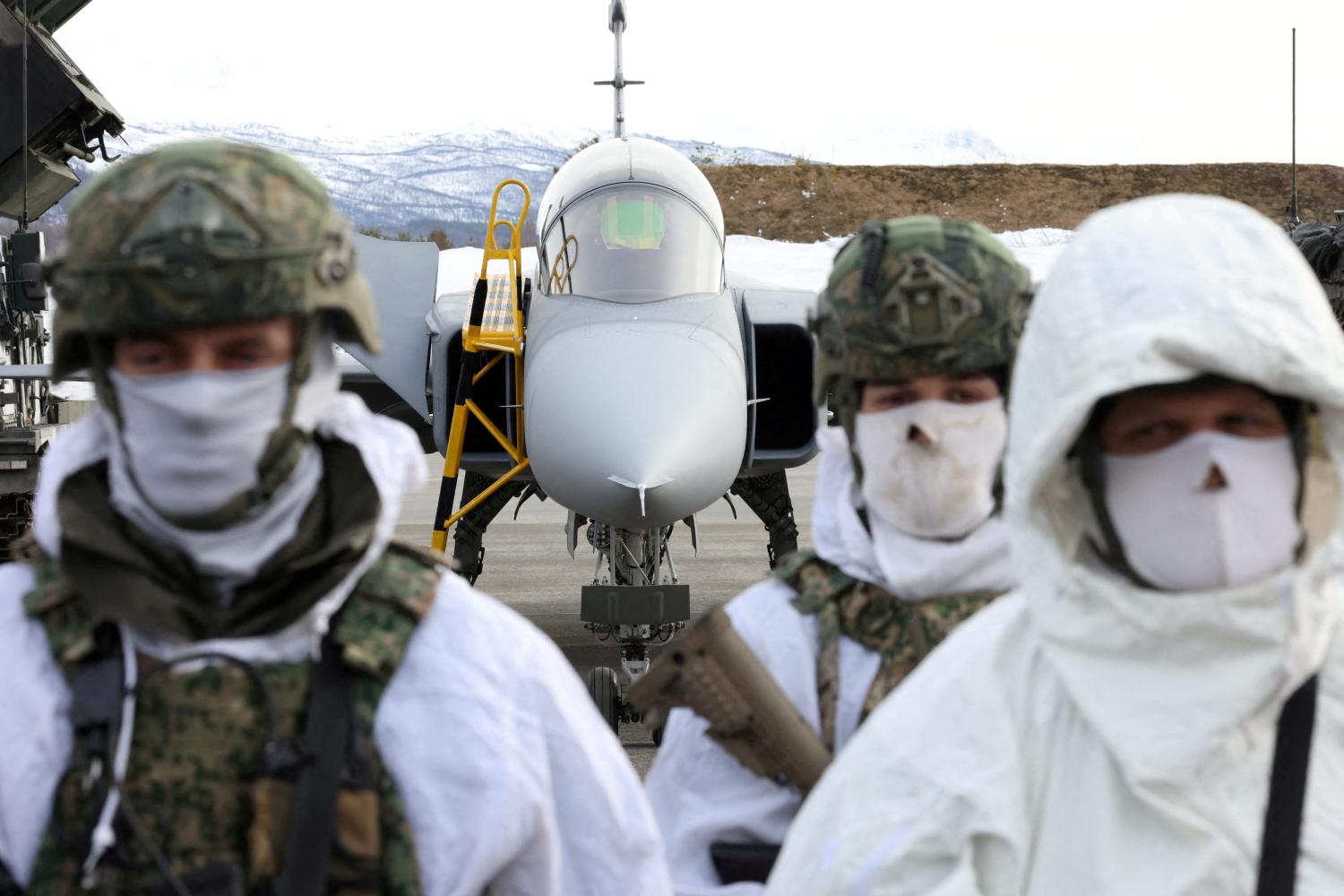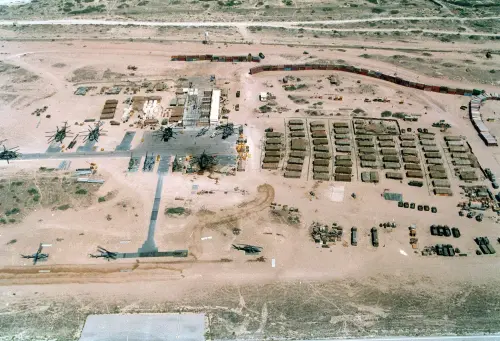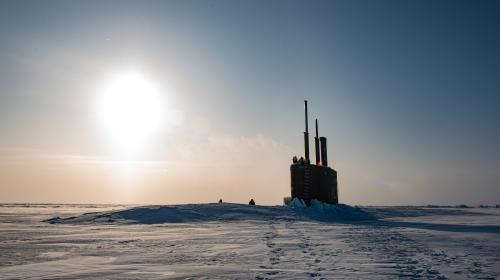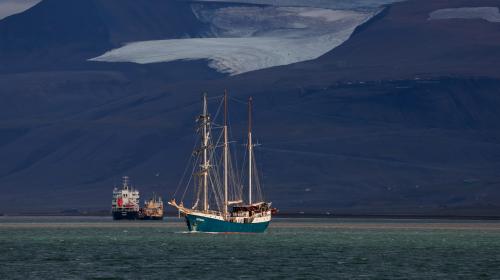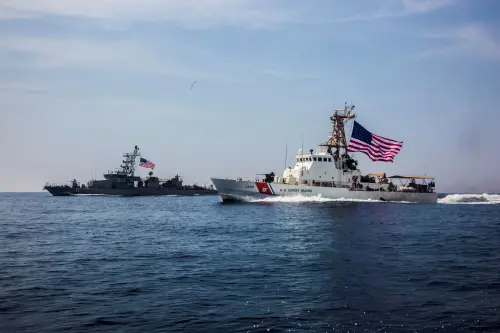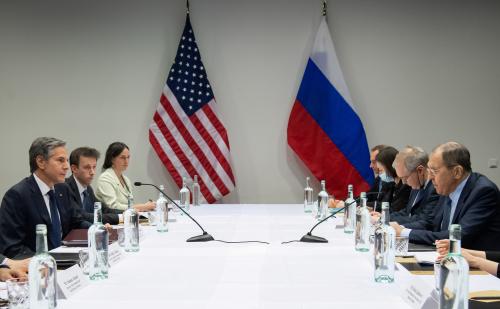Executive summary
The Arctic remains a sphere of geopolitical competition between the great powers, making basing arrangements a natural part of their strategic planning. With rising global temperatures increasing access to the Arctic Ocean and its natural resources, the United States, Russia, and China all desire guaranteed freedom of movement and protection of their sovereign rights and interests. In addition to investments at home, the United States and other great powers in the Arctic will need to build strategic partnerships that enable beneficial agreements and access rights to bases, particularly for dual-use and civil-military operations.
The views expressed herein are solely those of the author and do not necessarily represent the views of the U.S. Government, U.S. Coast Guard, or The Brookings Institution.
-
Acknowledgements and disclosures
The author wishes to thank Andrew Yeo of the Brookings Institution and Isaac Kardon of the U.S. Naval War College for their significant contributions through their joint great powers basing project, as well as Michael O’Hanlon of the Brookings Institution for his constructive feedback. The author also sincerely appreciates Lori Merritt and Alexandra Dimsdale’s outstanding editing and Rachel Slattery for layout, style and formatting.
The Brookings Institution is committed to quality, independence, and impact.
We are supported by a diverse array of funders. In line with our values and policies, each Brookings publication represents the sole views of its author(s).

